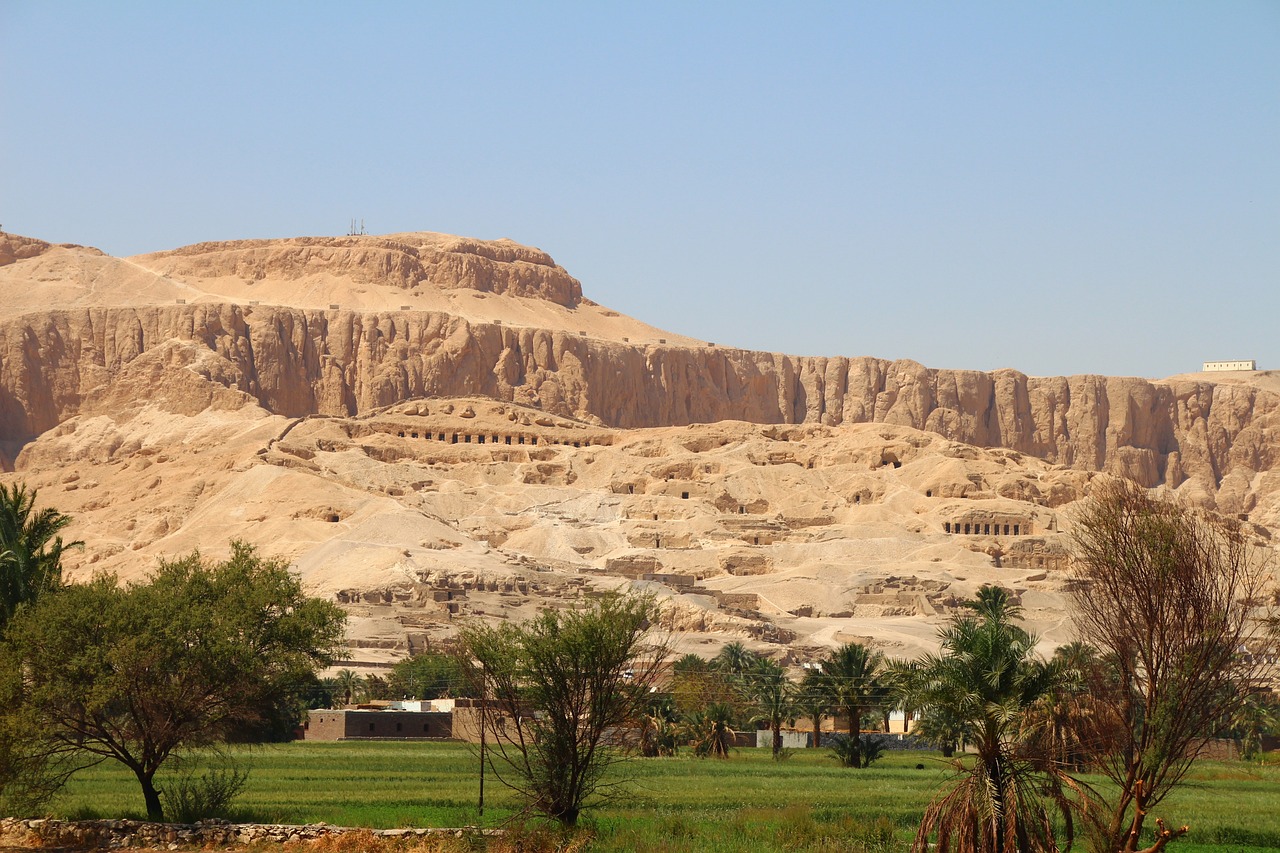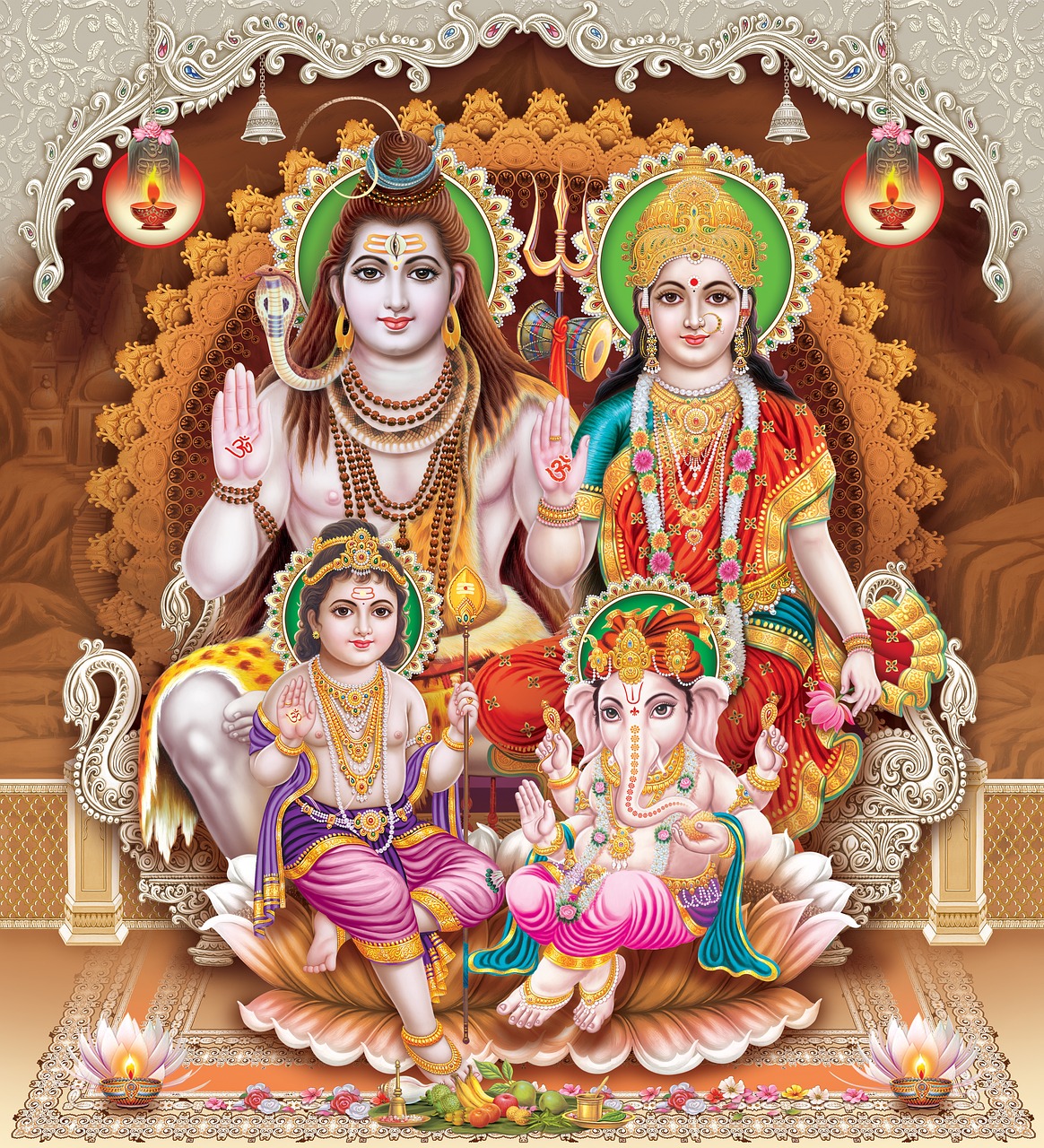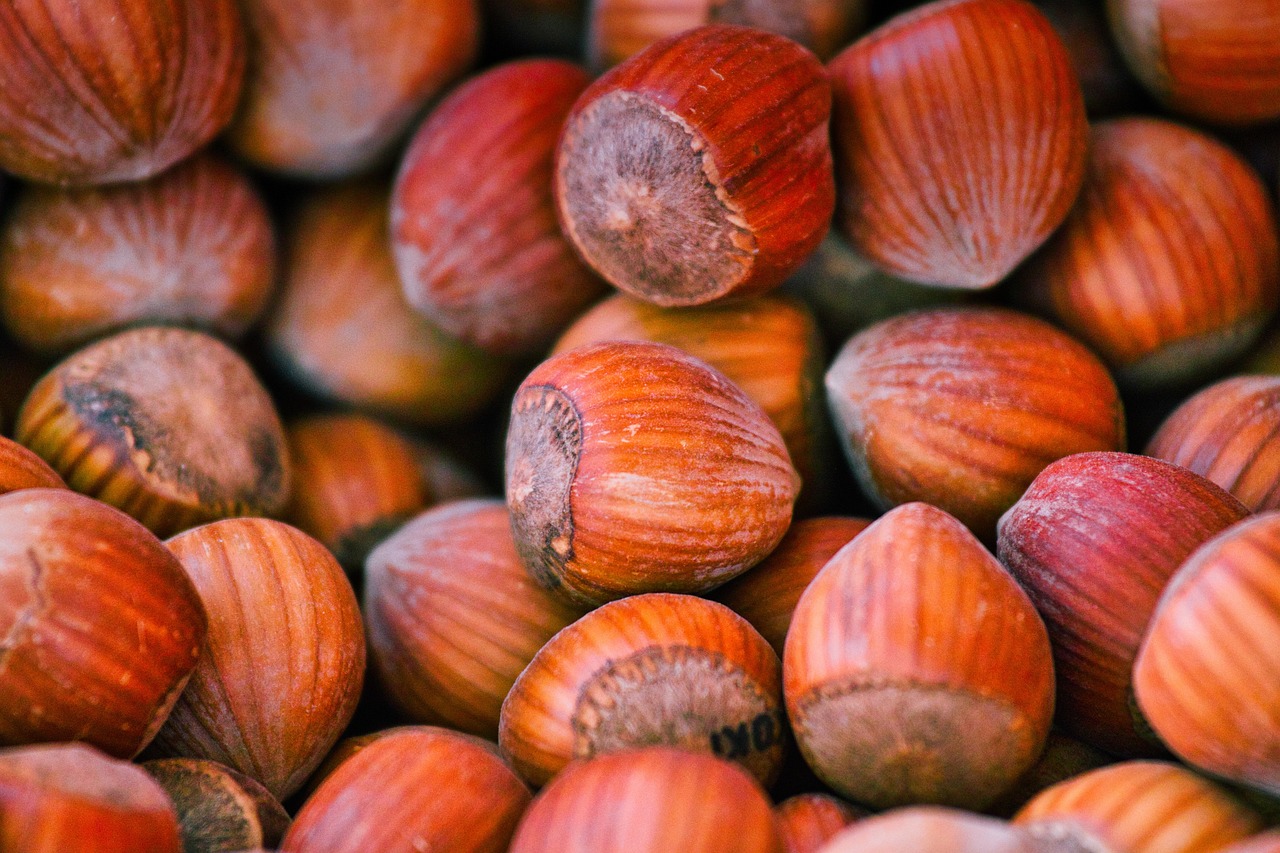Author: Erlang Shen
-
Often compared to the phoenix of ancient Greek lore, the Bennu embodies the concept of renewal in Egyptian mythology. For those passionately interested in mythology, history, or the intriguing narratives of ancient civilizations, the Bennu bird presents a fascinating insight into the spiritual and cultural ethos of ancient Egypt. Understanding the Bennu Bird The Bennu…
-
Unveiling the Mysteries of Ancient Egyptian Religion Ancient Egyptian religion represents the deep-rooted indigenous beliefs that shaped the culture of Egypt from the predynastic era, dating back to the 4th millennium BCE, until the gradual fading of its traditional practices in the early centuries CE. For a comprehensive understanding of this rich historical tapestry, a…
-
Uranus, known as Ouranos in Greek mythology, represents the sky and heavens. His Roman equivalent is Caelus. Created by Gaia (the Earth), Uranus served as her complement, leading to the procreation of the twelve Titans, the three Cyclopes, and the three Hecatoncheires. However, Uranus harbored a deep disdain for his offspring, imprisoning them beneath the…
-
Quirinus is an enigmatic deity from ancient Roman traditions, often celebrated alongside Jupiter and Mars. His association with Quirinal Hill connects him to the protection of the Roman populace and even ties him back to the legendary founding figure of Rome. The Roots of Quirinus The name Quirinus is closely tied to Quirinal Hill, a…
-
Anhur: The Egyptian God of War Uncover the fascinating myths and historical significance of Anhur, the revered ancient Egyptian god of war and protector of soldiers. Known also by the name Onuris, Anhur was often depicted as a human figure adorned with a remarkable headdress made of four tall ostrich feathers. This imagery resonates with…
-
Greek mythology represents a collection of narratives about deities, heroes, and ancient rituals. Dating back to Classical antiquity, these tales, while often containing fictive elements, were generally received as truth by the common people. Philosophers like Plato, active in the 5th century BCE, acknowledged their fictional aspects, yet the myths retained profound significance in Greek…
-
Gaea (Gaia): The Primordial Goddess of Earth Gaea, also known as Gaia, was the embodiment of the Earth and held a revered position as a primordial deity in Greek mythology. According to ancient tales, she emerged at the beginning of time, representing the very foundation of creation and nurturing all life forms. As the Great…
-
Tiger nuts, which are not nuts at all, are gaining popularity in various kitchens across the country. Known also as chufa nuts, earth almonds, or earthnuts, these tubers have been utilized for centuries, even found in the tombs of ancient Egyptians likely for their consumption in the afterlife. Nowadays, they are garnering attention in the…
-
Hermes: The Messenger of the Gods Hermes, recognized as the Olympian deity of a myriad of domains, was integral to Greek mythology. He represented herds and flocks, travel, hospitality, roads, trade, cunning, and even athletics. Serving as the herald and personal envoy for Zeus, the ruler of the gods, Hermes also undertook the somber task…
-
To the ancient Egyptians, Geb represented the embodiment of the earth, distinctly characterized as a male earth deity in contrast to the common perception of earth as female across many cultures. His worship was prevalent, leading to a rich tapestry of stories and depictions in Egyptian art. Names and Titles The god Geb is most…







